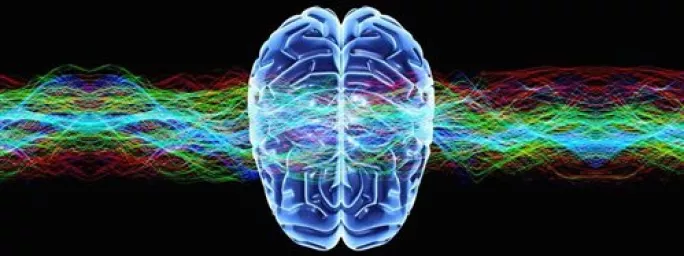Teachers demand training in neuroscience to improve classroom practice
Thousands of teachers are set to receive training in neuroscience after union members called for guidance on how the subject could be applied in the classroom.
Members of the Association of Teachers and Lecturers (ATL) at the union’s annual conference narrowly voted for a motion calling for training materials and policies on applying neuroscience to education and for further research on how technology can be used to develop better teaching.
Julia Neal, a member of the council for the union’s leadership division, AMiE, told delegates in Manchester that neuroscience could help teachers understand the mental processes involved in learning.
“Like it or not, our roles as teachers and educators are bound to change,” she said. “We should not be fearful or afraid for our jobs but the education world is fast moving and we need to keep up.”
While there have not yet been any moves by the government to incorporate neuroscience into teacher training, Ms Neal said it was vital for ATL to “take the lead” in the field.
“It is important that our members understand the nature of these changes so they can help to change the ways in which the profession develops in the future,” she said.
“Given the lack of interest in these matters from our political leaders, and the ways in which the training of teachers is being undermined by the present government, it’s essential that ATL takes the lead in providing the development opportunities that our members need.
“It is true that the emerging world of neuroscience presents opportunities as well as challenges for education, and it’s important that we bridge the gulf between educators, psychologists and neuroscientists.”
Neuroscience could also help teachers tailor their lessons for creative “right brain thinkers”, who tend to struggle with conventional lessons but often have more advanced entrepreneurial skills, Ms Neal said.
“If we are to develop an innovative and enterprising curriculum for the future, then our students need to be allowed to be less conforming and more questioning,” she added.
Earlier this year, the government-backed Education Endowment Foundation and the Wellcome Trust launched a £6 million scheme that will fund neuroscientific research into learning. The funding will go to new projects that are focused on student attainment.
However Joanne Fludder, a classroom teacher in Reading with a doctorate in neuropsychology, opposed the motion.
She told the conference that the field was “very complicated” and theories were “still in flux” as research was carried out.
“I have degrees in it and I still don’t fully understand it,” she said. “If you do something on it in a CPD (continuing professional development) session in an hour or two… whatever you’re telling people could [soon] be out of date.”
After a show of hands revealed an even split in the audience, the motion was eventually voted on in a formal ballot. Delegates eventually voted in favour of carrying the motion.
Members also expressed concern about the negative impact of computer tablets. The conference heard how some pupils arrive in class tired and unable to concentrate after staying up late playing games, while others became withdrawn and unable to socialise.
Despite London teacher Richard Thompson’s concerns that the motion contained a “whiff of Luddism”, the motion was also approved.
Keep reading for just £1 per month
You've reached your limit of free articles this month. Subscribe for £1 per month for three months and get:
- Unlimited access to all Tes magazine content
- Exclusive subscriber-only stories
- Award-winning email newsletters




